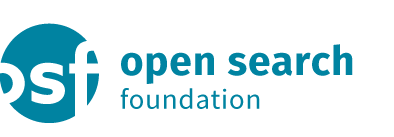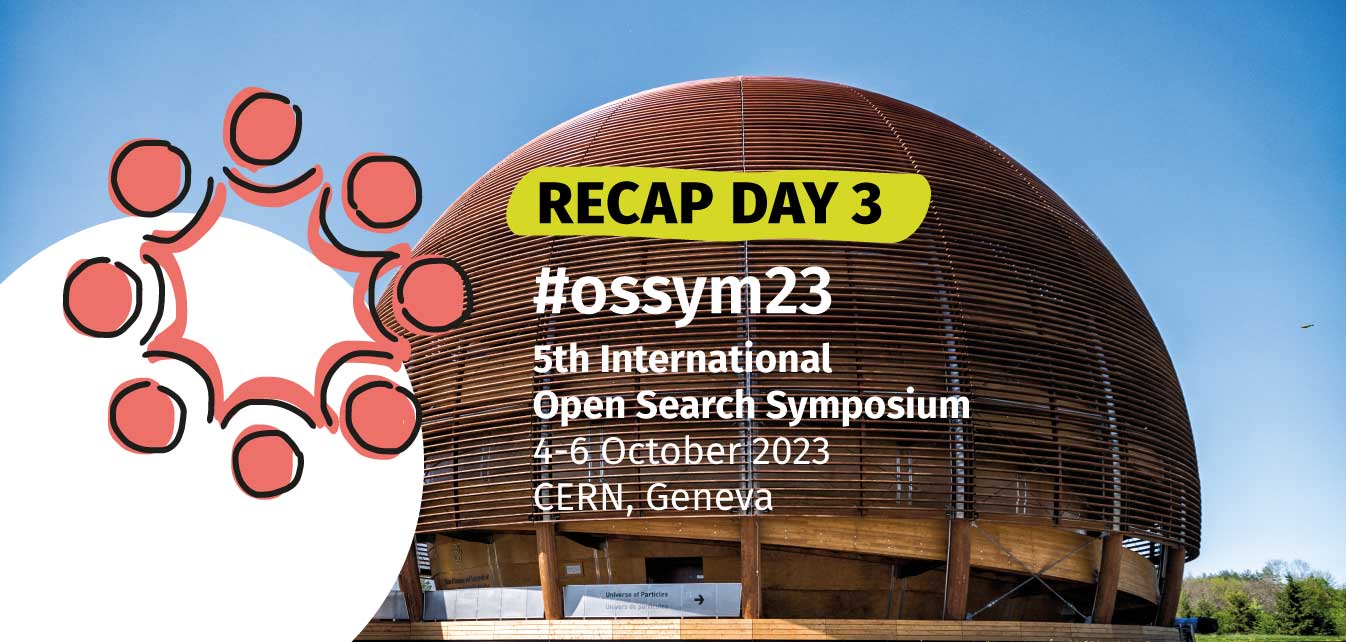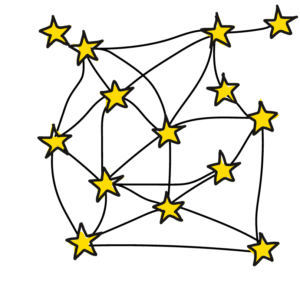5. Symposium on Open Web Search – #ossym23 Flashback – Day 3
For the 5th time Researchers, Tech experts, Political Representatives as well as Industry Executives came together to discuss about the foundations of a human-centric, transparent and open internet with solid grounds in EUROPE and beyond.
The Open Search Symposium 2023 was hosted at CERN in Geneva from October 4th to October 6th welcoming round about 100 participants both online and in person.
Day 3 – the Grand Finale
The final day of #ossym23 started with an inspiring keynote speech from Angella Ndaka from The Centre for Africa Epistemic Justice and The University of Otago titled “Inclusion by whose terms? When being in doesn’t mean digital and web search inclusion”.
Angella started by introducing an African Social Philosophy called “Ubuntu” with its core message “I am because you are and you are because I am” (Mbiti 1975).
Ubuntu principles revolve around community, respect, dignity, sharing, co-responsibility, humanness, social justice, group solidarity, morality, compassion and joy.
There is a focus on co-responsibility as everyone’s self-hood is connected to every other’s self-hood including that of landscapes and animals. “I exist because everything else exists”.
With the formation of the internet, Africa came in but what about Africa’s principles?
Smart algorithms dictate the content we engage with on a global scale. It is important to understand who is the biggest gainer. Beyond the algorithms is a physical existence of political and economic structures. Whatever does not serve economic or political interest is not worth the same kind of visibility – a contradiction to the Ubuntu principle. What startles Angella is the fact that algorithms – including AI – are non physical and disappear into invisibility. They weave into our everyday-ness. They impact our levels of capability and possibility. They silently imbed norms and values into daily activities that become a new “normal”. However, they favor the goals of those in power.
Lastly she adressed the power of social media, which she studied by observing metrics on various platforms over a course of nine months. The result according to Angella: “Social Media has become a place where you can no longer speak your mind. Opinions are judged excessively by likes or dislikes and they are quickly distorted by the algorithmic agenda.”
Throughout her talk she presented eye-opening insights on how tech-driven businesses seemingly establish distorted representation of African and global societies, endanger democratic structures and hurt certain groups, especially women and girls.
The result? “The new colonized and excluded digital society in Africa”.
Research Tracks on Machine Learning an Retrieval
The day was continued with two research tracks covering the topics of “Machine Learning and Retrieval” and the “Open Search Ecosystem”.
The first session included “Customizable Categorization of Documents in Evidence Based Research for Biopharma” by Reihaneh Manteghi on behalf of her team including Eduardo Enrique Veas from Graz University of Technology and Domagoj Segregur from UCB Biopharma.
“A System for Geospatial Question-Answering using LLMs, LangChair, ChromaDB and a Modern React.Js Frontend” was introduced by Patrick Lovric and Maximilian Theiner from ISDS, Graz University of Technology.
The Machine Learning and Retrieval Tracks were rounded off by “Privacy-Preserving Collaborative Filtering: Evaluating a Machine Learning Recommender System in a Large Interconnected Organization” presented by Igor Jakovljevic, et al and studied by him, Christian Gütl from ISDS, Graz University of Technology as well as Andreas Wagner from CERN in Geneva/Switzerland.
The “Open Search Ecosystem” talks included a presentation called “Towards a smart network schema builder using anonymous and implicit interaction data” by Aleksandar Bobić on behalf of his team including Christian Gütl from Graz University of Technology and Jean-Marie Le Goff and Andreas Wagner from CERN, Geneva.
Following up, Andre Rattinger offered a look into “Exploring the Landscape of Innovation: A Network-Based Approach for Visualizing and Analyzing Heterogeneous Patent Graphs” by Andre Rattinger and Christian Gütl of Graz University of Technology.
Tobias Hecking from German Aerospace Center in Munich investigated the question of “Open (Web) Search as a booster for Open Science?”
#ossym23 ended with the last research track which was likewise an appeal for “Europe‘s Technical Debt: Why We Need Web Search in the Age of Gerative AI” by Malte Ostendorff, Pedro Ortiz Suarez, Julian Moreno-Schneider and Georg Rehm from German Research Centre for Artificial Intelligence DFKI, Kaiserslautern.


